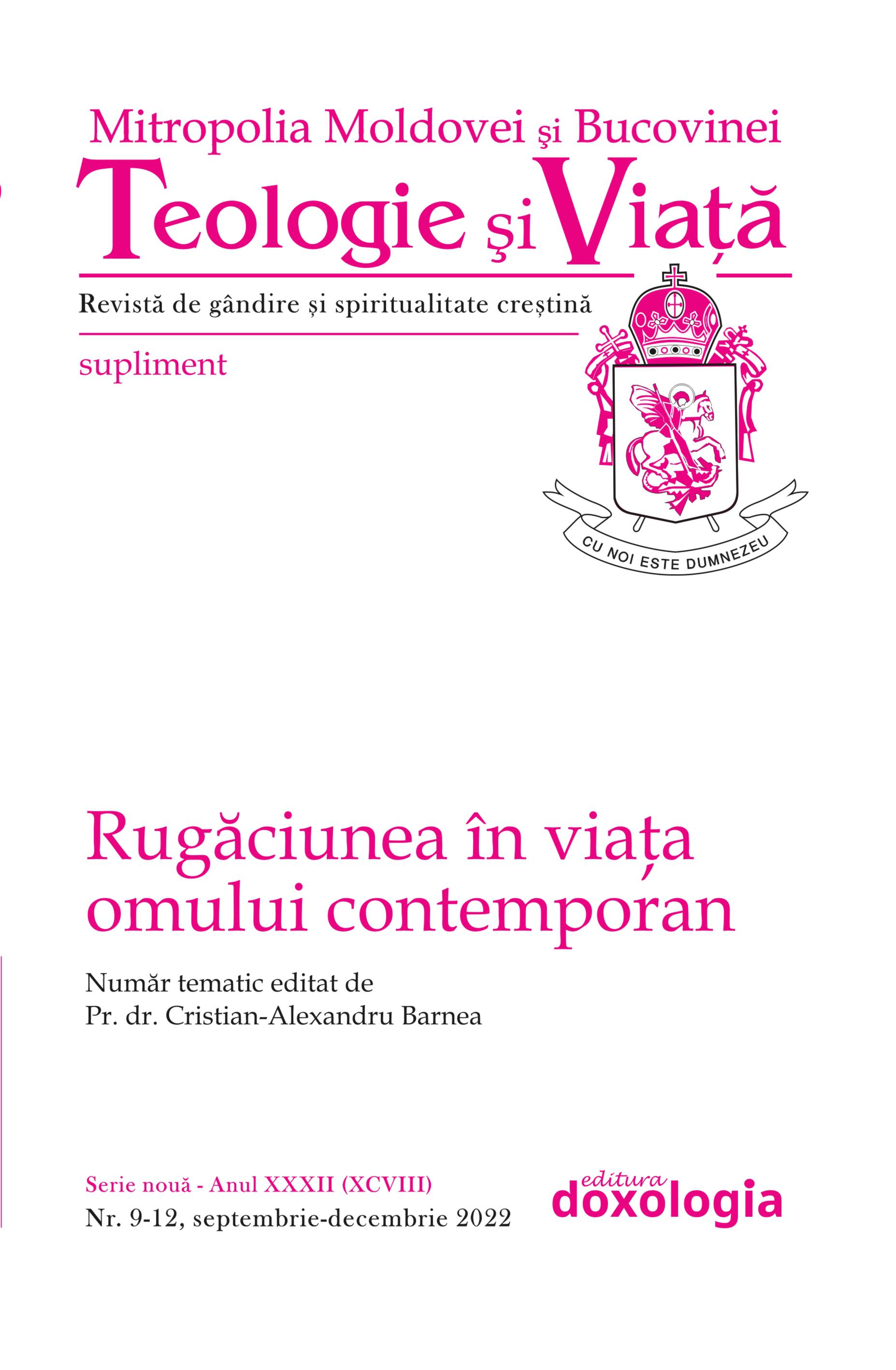Secolul luminilor și renașterea isihastă în bazinul mediteranean — tradiție și inovație în secolul al XVIII-lea
The Age of Enlightenment and the Hesychasm Revival in the Mediterranean Basin — Tradition and Innovation in the 18th Century
Author(s): Adrian (Elisei) NEDESCUSubject(s): Theology and Religion, 18th Century, Eastern Orthodoxy, History of Religion
Published by: Editura Doxologia
Keywords: 18th Century; Orthodox Culture; Modern Greece; Hellas; Cult Europe; Hellenism;
Summary/Abstract: The 18th century was a turning point in the development of Greek spirituality in the Mediterranean and beyond. If at the beginning of this century Western ideas were fused with Orthodox and thus framed in the culture of the time, which in turn was dependent on Byzantine culture, with the middle of the eighteenth century, there is a visible conflict between Orthodox and new culture tendencies of thought that bore the imprint of the Enlightenment. We are witnessing a period of cultural renaissance in modern Greece that was based on an economic substratum, supported by a new bourgeoisie of merchants and bankers. The connection between cultural and commercial centers, supported by a new social class, opened the Hellas to a new vision of the West. Western Europe, viewed from the perspective of cultural and economic development, is becoming a favorable space for investment, it is becoming a cultured and enlightened Europe, a Europe of progress and free spirit. The image is diametrically opposed to what the Easterners ʺsawʺ from the Byzantine perspective: a Catholic, Protestant, Orthodox Europe. These two different perspectives or points of view have led to a new issue regarding the formation of the cultural education of young children. Thus, the central problem of the school is, on the one hand, the maintenance of Hellenism and, on the other hand, the emancipation of the people. It is the period in which the works of Newton, Descartes, Wolf, Locke, Spinoza, Voltaire and Rousseau are massively translated into neo-Greek, the period in which education wants to impart on young people the importance of classical Hellenic culture and, at the same time, that of modern science.
Journal: Teologie şi Viaţă
- Issue Year: XCVIII/2022
- Issue No: 9-12 Suppl
- Page Range: 146-156
- Page Count: 11
- Language: Romanian
- Content File-PDF

